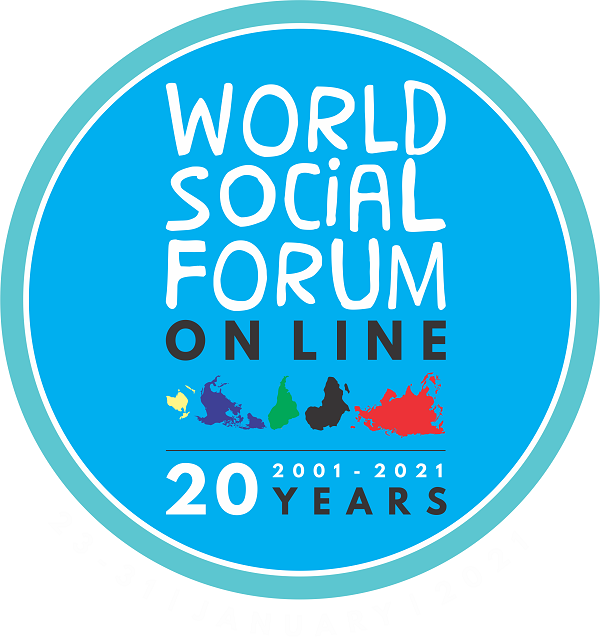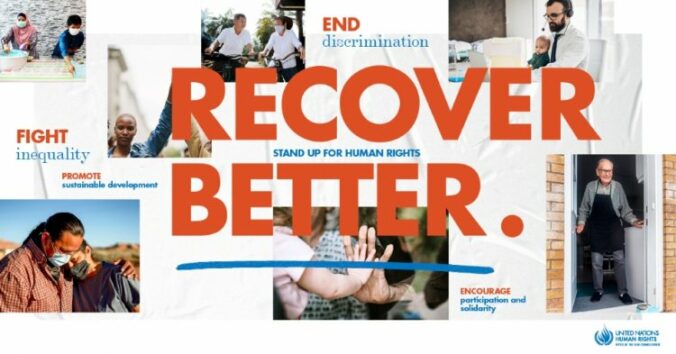Time runs fast! This year, 2021, we will celebrate the 20th anniversary of the World Social Forum!
Started in 2001 in Porto Alegre, this gathering of progressive social movements and NGOs has become the meeting place for discussing our alternatives, for looking at the past with its neoliberal policies, at the present with its even worse austerity policies and at the future where we hope some or all of our alternatives can become reality.
For social justice, the COVID crisis has a silver lining: however bad the situation may be, there is no one anymore to deny the urgent necessity of universal social protection, with health care and income guarantees.
But also the inextricable link with the necessity for clean water and air to breathe! Never before has the link between social justice and environmental justice been so crystal clear!
These are the points that we will be discuss at the World Social Forum! Global Social Justice organizes the major panel of the thematic space for social justice, together with our friends from the World Social Forum on Health and Social Security.
This panel will take place on January 28, at 3 pm Brussels time, till 6 pm Brussels time (2 to 5 pm UCT). We have invited important personalities, such as Olivier De Schutter, Riccardo Petrella, Aminata Traoré, Armando de Negri, Isabel Ortiz, Ayuba Wabba and several others.
Do not miss this opportunity!
If you are interested in other topics, do look at the programme at wsf2021.net or join the different activities at join.wsf2021.net
More details about our activities will be published on this website: www.globalsocialjustice.info
Our ac tivities will have simultaneous interpretation in three languages: English, Spanish and French.
And yes, I should have mentioned before: COVID does oblige us to organise everything online. But the results of all the different activities will be discussed all along 2021 so that we can meet for real beginning of 2022, most probably in México.
Francine Mestrum





